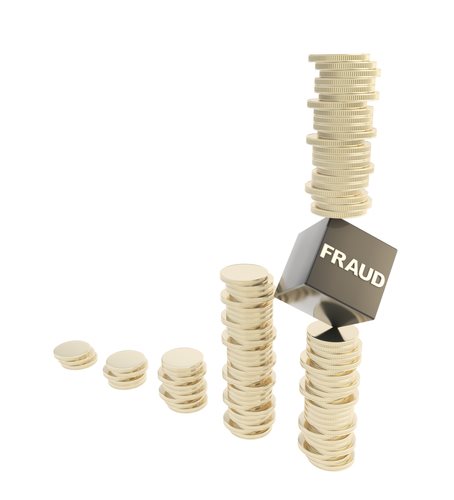
The SEC today announced the second-largest trading suspension in U.S. history as the agency continues to conduct its “Operation Shell Expel” crackdown to thwart the manipulation of small or microcap shell companies that are susceptible to fraud as they lay stagnant in the over-the-counter market.
The agency suspended trading activities of 61 empty shell businesses that are delinquent in their public filing and no longer in business based on an evaluation by the agency’s Microcap Fraud Working Group. Because microcap companies are rarely traded, once they become dormant they are susceptible to being taken over by fraudsters who falsely pump-up the stock to depict it as a healthy business and coerce investors into illegal pump and dump schemes.
In this review of microcap stocks, the SEC identified these shell companies in at least 17 states and one foreign nation. By suspending trading in these businesses, they are required to provide updated financial information to prove they are still up and running. This requirement essentially renders these businesses useless to fraudsters because they are no longer flying under the radar.
“Fraudsters crave empty shell companies that they use to conduct pump and dump schemes and procure illicit trading profits by defrauding unsuspecting investors,” said Andrew Cereseny, the Co-Director of the SEC’s Division of Enforcement. “The SEC will aggressively freeze trading in these shell companies to take away a crucial instrument of their trade and to rid our markets of fraudulent activities.”
Pump and dump schemes are common types of fraud involving these empty shell businesses. Perpetrators acting out these schemes will tout a thinly-traded microcap company through misleading and false statements regarding the company. Perpetrators then purchase the stock at a low price before driving the price higher by creating the appearance of activity and drawing investor interest. They then dump the stock for a significant profit by selling it to the market at a higher price once investors have bought into it.
“When a company ceases its filings and investors no longer have access to current information, there is no reason for that shell to remain exposed in our markets. Under this initiative, we are committed to identifying significant risks in the market and removing them to protect investors,” said Christopher Ehrman, the Coordinator of the agency’s Microcap Fraud Group.
Source: sec.gov



































